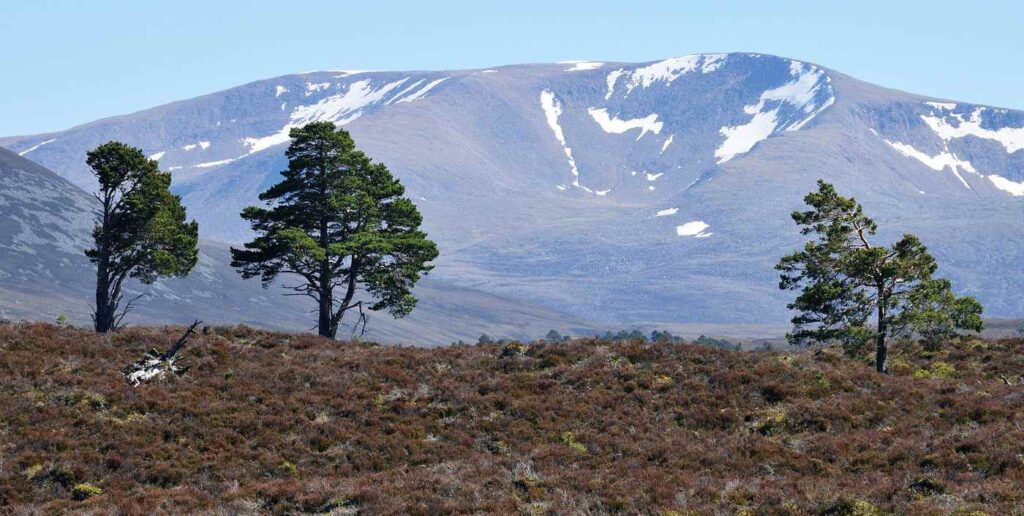
The UK’s fancy with re-wilding has taken a corporate turn, as a green investment company looks to generate long-term capital appreciation for investors, through re-wilding programs and the jobs they create.
By taking advantage of the growing carbon capture market, businesses looking to offset or reduce their emissions, and the new Environmental Land Management schemes from the British government, the fund hopes to pair the financial power of the corporate world with the inestimable value of the natural one.
Working in three areas of the UK, The Real Wild Estates Company (RWE) hopes to create 100,000 acres of re-wilded country by 2030, in traditional southern English estate country, the Scottish Highlands, and the North English Moors.
RWE will be hired by landowners and investors looking to turn degraded “marginal land” back into wild area for profit, with the help of Tamworth hogs, beavers, and wild cattle. By using marginal land, jobs through ecosystem recovery are created where there were no jobs before and the fund will not target farmland.
Additionally, they will claim earnings through the UK’s recently-released Environmental Land Management Fund, that will pay rural Brits for a wide variety of services to the land on their property, including ensuring clean air and drinking water, restoring heritage buildings, storing carbon, protecting and improving populations of native species, and more.
RWE is backed by the L’Oreal Fund for Nature Regeneration, which is managed by Mirova Natural Capital, a leading sustainable investment fund.
The charity Rewilding England recently released a report that details a 54% increase in full-time employment across 33 rewilding projects totaling 80,000 acres.
“Localized nature-based economies could be transformative for reversing nature loss, tackling climate breakdown, and ensuring prosperous and revitalized communities across rural and coastal areas,” said Rebecca Wrigley, Chief Executive of Rewilding Britain.
The report looks at the example of the the Isle of Arran in Scotland, where rewilding the offshore marine environment has led to two kayak businesses opening up, and 12,000 visitors to its education center; while on Wild Knepp, a grand rewilding project on a 3,500 acre estate reached an annual turnover of around $1.2 million (£800,000) from camping, safaris, and a wild produce shop.
CHECK OUT: Trailblazing Gardener Discovers How to Grow Vegetables in Winter—Now He’s Helping Others Do It Too
“We all think this is new but it’s been happening around the globe very successfully for a long time,” Julian Matthews, founder of the Real Wild Estates Company, told the Guardian. “My goal with the Real Wild Estates Company is to make restoring nature profitable and viable.”
Having launched last Friday, it will be interesting to see the company’s first earnings report—a key calendar date for investors to survey whether a potential investment is profitable or not. In the wake of the COP26 summit, not far from where RWE plans to restore Scottish wildland, positive accounts could draw a massive capital influx.
(WATCH the Rewilding Britain video below to learn more about the rewilding process.)
REWILD Those News Feeds With This Story…




















